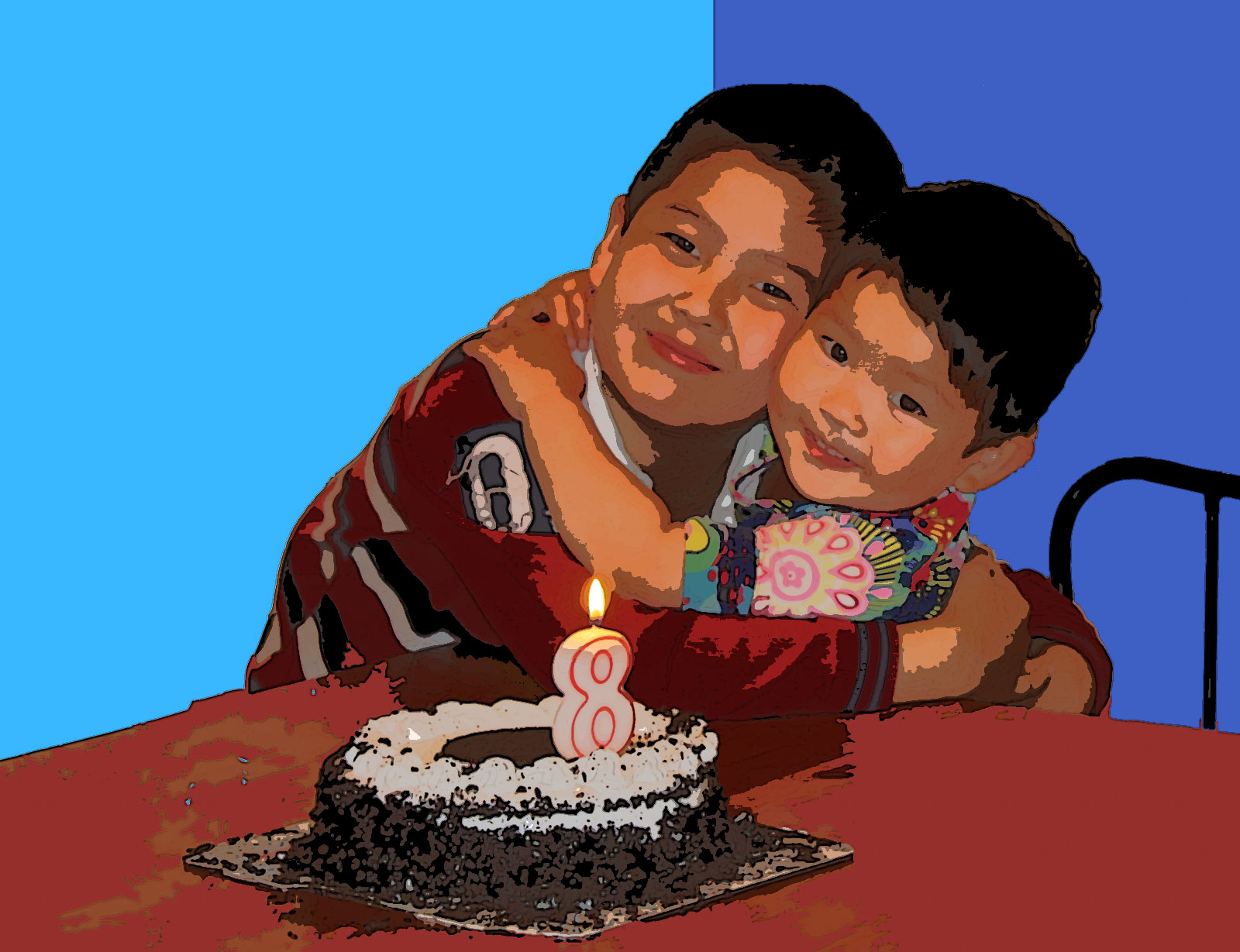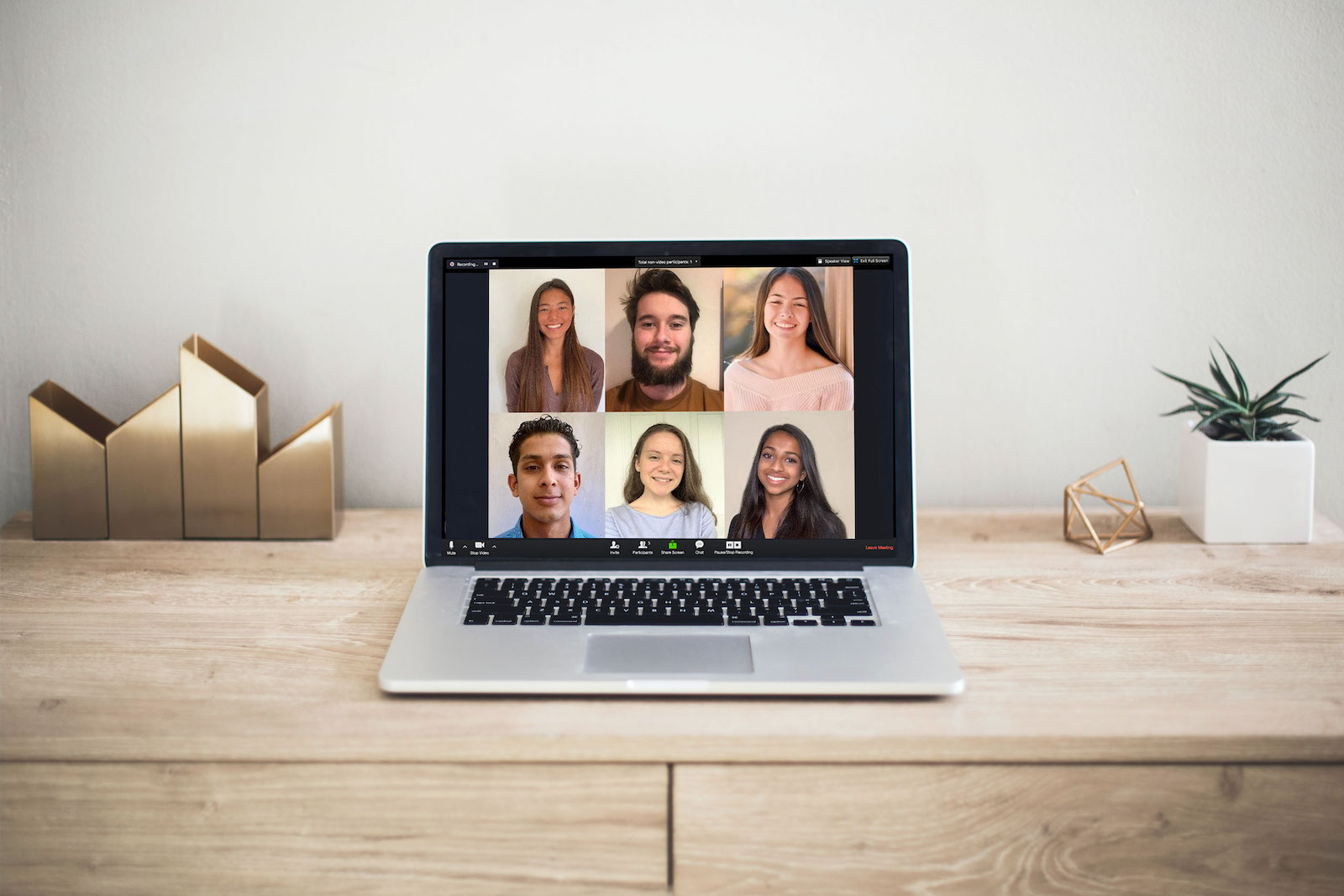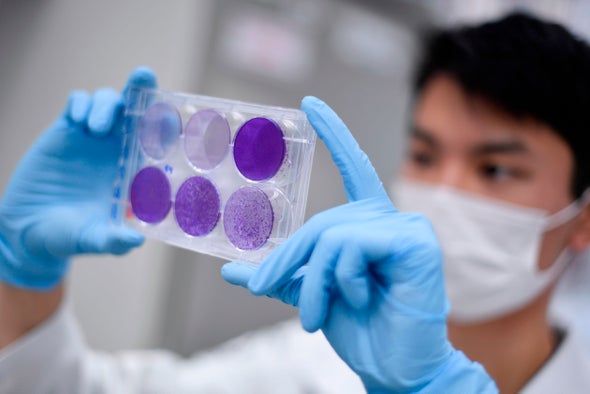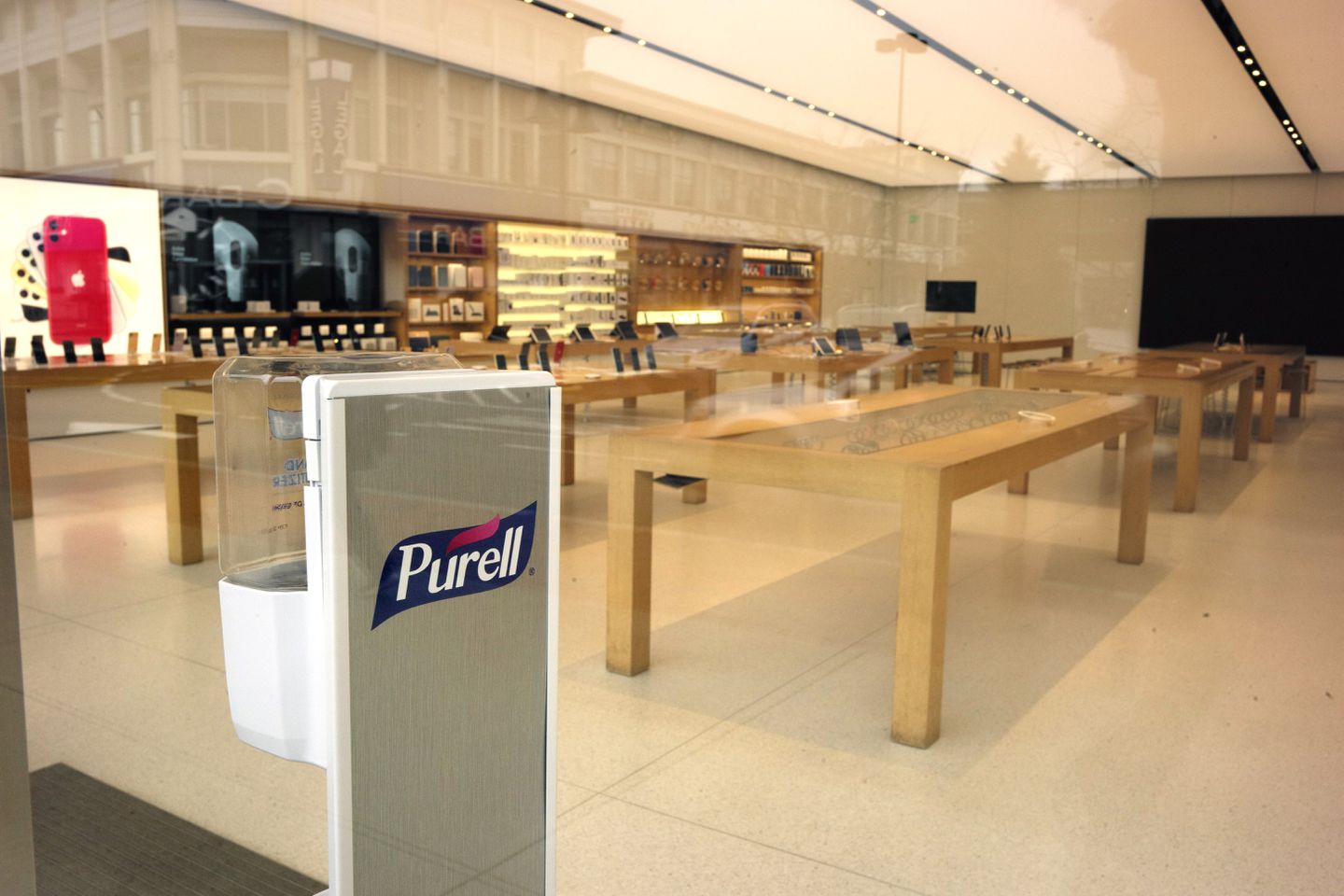Mark Poznansky, Director of VIC and Michael Callahan, Director of Clinical Translation at VIC, discuss three independent pillars the government should consider to stop fighting the last virus and develop a new strategy to counter new waves of Omicron-like variants.
IBD Patients Like Eric Prompt More Questions About COVID-19
A piece on Crohn’s written by Student intern at VIC, Eric Chen.
“I began to feel ill the night of my eighth birthday. Less than a month later, I was diagnosed with Crohn’s disease. Having just barely finished second grade, I didn’t know what this disease meant or its severity — let alone what the condition had in store for me. Since my diagnosis nearly a decade ago, I have luckily required relatively minimal treatment and experienced no subsequent flare-ups. Now, living through the COVID-19 pandemic as a high-school senior, the potential implications of the virus have caused newfound worry for me and my loved ones…”
Remote Student Internship experiences at VIC during the unprecedented summer of 2020
VIC has traditionally hosted many, mostly undergraduate but some high school, students each summer in order to uphold its mission to nurture and train the next generation of translational medical scientists. Students have come through connections with universities in the UK and abroad, from many institutions in the US and through the MGH Summer Research Trainee Program at the Center of Diversity and Inclusion.
The summer of 2020 proved to be challenging for many reasons but, not least, because this was required to be a virtual experience. VIC was determined not to allow this restriction to diminish the commitment to, and the experience for, this year’s student cohort.

Katarina Ho from UCLA said, “I was so worried that I wouldn’t get the chance to
work with all of the amazing scientists at VIC, but I am beyond grateful that VIC was able to take remote learning in stride and provide a remote internship”. And of the experience reflected that “I think the most important thing that I learned from my remote studentship at VIC was to expand my critical thinking. I think I was given more independence than a normal internship would normally allow and because of that I was able to troubleshoot by myself. I also now have a much stronger backbone in immunology, specifically vaccines and I also see how much work goes into preparing for the experiments rather than just having primers available to you and not thinking where they came from”.

Robby Shepard during his second summer internship from Colorado College stated that “My remote studentship at VIC allowed me to further develop my technological skills for data analysis, as well as develop a deeper understanding of how clinical research is conducted. The remote aspect of the studentship allowed me to foster confidence in my ability to analyze data and contribute to research as it was often done independently by the nature of remote work. In addition, by working on an ongoing research project, I was able to continue to grow my knowledge of immunology and vaccine development”

Rohan Prabhu from Boston University Academy commented that “The best thing I got out of my time at the lab is, without a doubt, the knowledge that resulted from surrounding myself with accomplished students and scientists. From advice about the MCATs to watching senior scientists gain acclaim and praise for publishing groundbreaking studies, everyone at VIC has been a role model in their endeavors. As a result, I am now much more driven and focused in my path to achieving my dream of a career in medicine”.

Anoushka Mahendra is at Buckingham Browne & Nicholls and plans to continue the experience of working with VIC during the school year. Of her experience she said that” One of the aspects of the VIC I have been lucky to experience is simply being able to surround myself, albeit virtually, with so many people who I view as role models…My experience here has come at a crucial time for me – I am heading into my senior year of high school, applying to universities, and deciding on programs and majors. I have been committed to studying medicine since primary school, but I am still figuring out what my interests are within the broad field of medicine. My work with Dr. Reeves at the VIC has cemented my passion for bioinformatics and immunology, and my conversations with Dr. Hart and interviewees continually inspire me to pursue clinical care.

Ella Gavin is a student at Noble & Greenough School and says that “Throughout my remote studentship at VIC, I worked with Dr. Patrick Reeves and his team, helping to develop the second vaccine construct. I spent the majority of my time on the data wrangling side of things”. “The remote studentship at VIC was overall an incredible experience, as I gained exposure to a number of topics in the medical research field. As time progressed, I developed a better understanding of immunology as a whole… And I even had the chance to practice preparing for and giving presentations. All of the experiences will be a huge help to me throughout my education, and later, career.”

Emily Hill from Emory & Henry was concerned about her summer internship plans and said that “The shutdowns starting in April definitely put a halt to my summer plans and a huge question mark over whether I would be able to participate in any kind of research. Thankfully enough, the individuals at VIC were on top of things, and I was lucky enough to participate in data analysis for the Sirbulescu lab this summer. Under Dr. Sirbulescu, I learned about the capabilities and inner workings of the technique of mass cytometry (CyTOF). I was able to help document a proper core panel for the technique as well as analyze some preliminary titration data for an experimental amyotrophic lateral sclerosis (ALS) treatment…. The remote research was honestly a great experience and I would not change anything about it”.
It’s not over when the vaccine arrives
Mark Poznansky interviewed for a report on Axios.com by Alison Snyder and Sam Baker
Congratulations to David Alagpulinsa, PhD, Research Fellow at VIC
Congratulations to David Alagpulinsa, PhD, Research Fellow at VIC, for the 2020 Physician/Scientist Development Award, sponsored by the MGH Executive Committee on Research.
David will be using the award to further his research into type 1 diabetes – “Harnessing CXCL12 signaling for immunoprotection, survival and regeneration of pancreatic islets in type 1 diabetes”.

“The MGH Center for Diversity and Inclusion has honored five MGHers with their annual faculty development awards. Katia Canenguez, PhD, EdM, Department of Child and Adolescent Psychiatry, received the 2020 Clinician-Teacher Development Award, sponsored by the MGPO. David Alagpulinsa, PhD, Infectious Disease Unit fellow; Ibiayi Dagogo-Jack, MD, Cancer Center physician; Christian Lino Cardenas, PharmD, MSc, PhD, Cardiovascular Research Center fellow; and Nneka Ufere, MD, Gastroenterology fellow, received 2020 Physician/Scientist Development Awards, sponsored by the MGH Executive Committee on Research.”
Can We Really Develop a Safe, Effective Coronavirus Vaccine?
The Scientific American article makes for very interesting reading – written by William A. Haseltine a mentor of Mark Poznansky, when he was doing research in the HIV field.
“In the event of any infectious disease outbreak, our minds turn to vaccines—and they do so for good reason. They’re safe, relatively expensive and have worked well for diseases including smallpox, polio, yellow fever, and, most recently, Ebola.
Will a vaccine come as easily for the novel coronavirus? The answer is maybe yes, maybe not. The “maybe yes” comes from the observation that in animal studies, coronaviruses stimulate strong immune responses, which seem capable of knocking out the virus. Recovery from COVID-19 may be in large part due to effective immune response. The “maybe not” comes from evidence just as strong, at least with earlier SARS and MERS viruses, that natural immunity to these viruses is short-lived. In fact, some animals can be reinfected with the very same strain that caused infection in the first place…”
The Coronavirus Economic Recovery Must Begin Now
Opinion piece by Mark C. Poznansky, MD, PhD in the Boston Globe on measures required for the economic recovery from the coronavirus.
“Right now, the overwhelming emphasis to combat the COVID-19 pandemic is appropriately placed on testing for the virus, protecting those who are most susceptible, treating the sick, and flattening the pandemic peak. Tremendous leadership, innovation, and dedication to containing the disease across each of these areas continues to evolve.”








